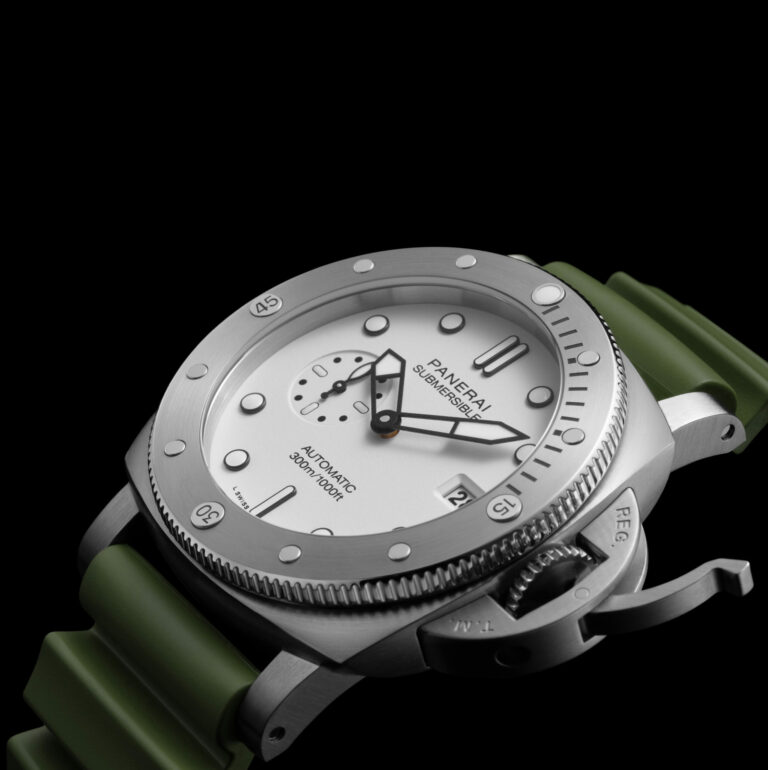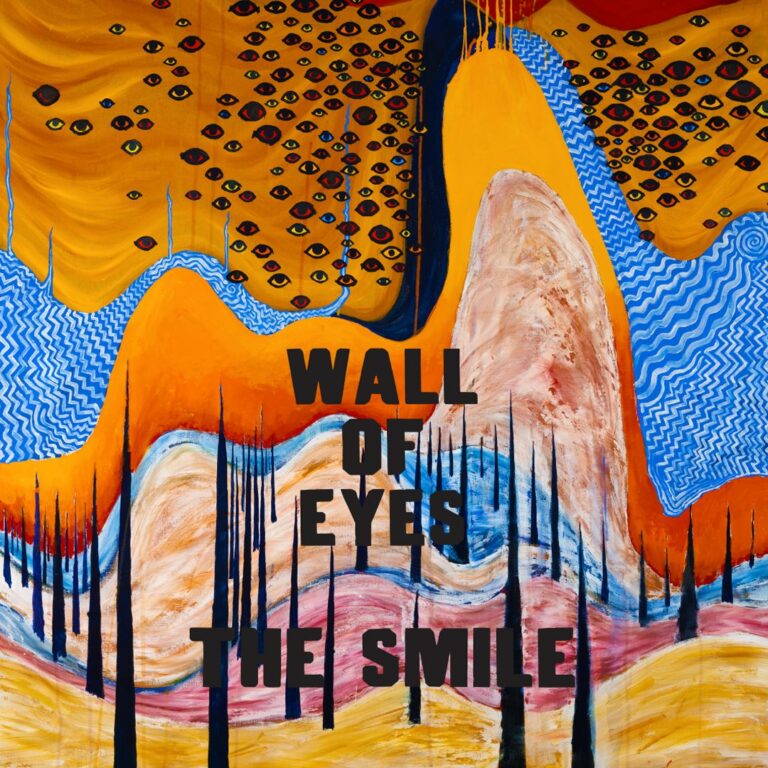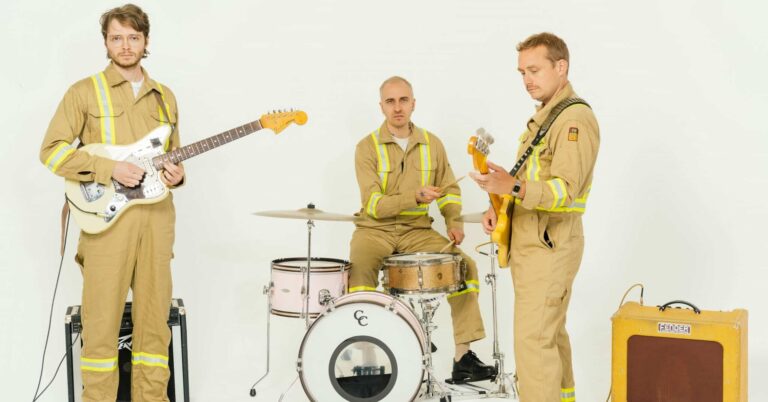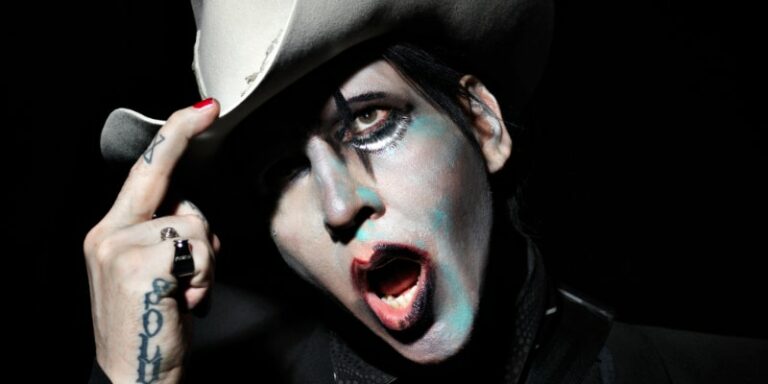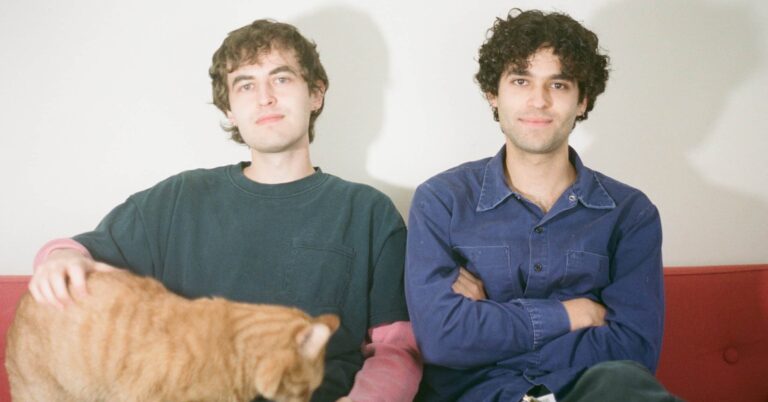Have you ever paused in the doorway of a room and felt an instant shift in your mood? A wave of calm washing over you as you enter a well-lit kitchen, or a spark of creativity igniting in a vibrant studio filled with natural light? This is the magic of interior design – the art of crafting spaces that not only look stunning but also nurture your well-being in profound ways.
Your home is not just a space bounded by walls. It is your sanctuary, a refuge from the outside world where you truly come alive. How you design this space plays a key role in shaping your complete well-being, from your everyday happiness and productivity to the quality of your sleep and even your physical strength. In most cases, considering interior design services is the ideal choice if you’re looking to achieve perfection. But even if you prefer a DIY makeover, here are some tips you can follow:
Igniting Your Creativity
Ever feel like your creativity is trapped inside you, not wanting to come out and play? The environment around you can be the reason behind it. Boring and uninspiring spaces can suffocate even the brightest ideas. But add a pop of unexpected color, hang up a quirky piece of art that makes you happy, or create a cozy corner with textures that invite you to touch and explore, and suddenly, your creative spark will start flickering and then burst into life. A dedicated creative space, designed with your artistic interests in mind, becomes your personal inspiration – a place where your ideas dance and your imagination can take flight. Simply put, while designing your interior space, you will embark on a creative journey, and after getting done with it, it will keep you calm and happy.
Impact Of Space On Psychology
Colors, textures, and lighting – these are the instruments that evoke different emotional feelings. Stepping into a kitchen painted in cheerful sunflowers and oranges, bathed in the warmth of morning sunlight, will definitely fill you with joy. It will practically encourage you to create a delicious breakfast. A bedroom painted in calming blues and decorated with plush velvet drapes can also create a cool space with tranquility, helping you relax. So, before you start giving a makeover to your home, understand the psychology of color and space to curate an atmosphere that perfectly suits each room’s purpose.
Stay Organized To Stay Productive
Having a messy and unorganized space can drain your energy and make it hard to stay focused on your goals. But don’t worry, because good design can come to your rescue here. If you are a remote working enthusiast and have turned your home into your workspace, try to ensure that it is bright and filled with natural light, smart storage solutions, and comfortable furniture. Illuminating your home office with natural light will not put a strain on your eyes and mind even after long hours. You will not feel lethargic or exhausted so easily, and suddenly, getting through your to-do list won’t feel like a huge challenge. That is the magic of a well-designed workspace created with productivity in mind. It turns a chaotic area into an organized space where your inner energy can be set free.
Embracing The Calm Retreat
After a long day, what you want most is a peaceful space. Interior design can help create this haven right within your bedroom. Gentle, soothing colors that whisper tranquility, blackout curtains that keep out the city lights, and bedding that feels like a warm hug embracing you in comfort – these elements work together to guide you into a restful sleep that leaves you feeling refreshed and ready to face the new day with joy.
Creating Bonds Through Design
Home is where the heart is, and a well-designed home becomes the perfect setting for connecting with loved ones. You can design your living room with plush seating arranged for easy conversations, a warm dining area that invites family gatherings, or playful corners where the sounds of childhood laughter linger. These spaces, carefully designed with connection in mind, become the backdrop for shared meals, heart-to-heart conversations, and memories that stay with you forever. Ultimately, it will also help you strengthen your relationships with your loved ones.
Wrapping It Up
Creating a well-being-focused space takes more than just a can of paint and pieces of furniture. You need to keep all the aspects of your space in mind to ensure your home will positively impact your overall well-being. So keep the color psychology in mind, stay organized, be creative, and create spaces that solidify your relationships. Remember, with a little planning and a touch of creative courage, you can transform your home into a sanctuary that improves your well-being.


